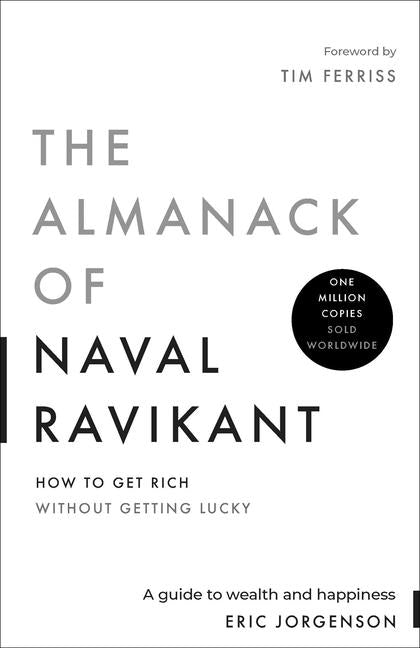Attack of the Fifty Foot Women: How Gender Equality Can Save The World!
"Equality for women isn't a women's issue. When women fulfill their potential, everyone benefits. Equality means better politics, a more vibrant economy, a workforce that draws on the talents of the whole population and a society at ease with itself."
That is not a radical message. It's one touted by most business leaders and politicians, and is backed by a mountain of research from government agencies, nonprofits, financial services firms, and international consultancies. It is very much present in the latest business literature and business books. Which led former editor at large of TIME magazine and the bestselling author Catharine Mayer to the following questions:
With so many people making the argument, not just the rebels and advocates of social justice, but great swathes of the political classes, pillars of the establishment, corporate bigwigs and analysts focusing so hard on the bottom line that they walk into lampposts, surely we must be able to make substantial progress? With the dangers of failure laid bare in countries that are shredding hard-won rights, surely we have no choice but to redouble our efforts? Where are the traps and barricades obstructing the road to Equalia? Does anyone even know the way?
As an experienced journalist, she's not one to back away from such questions, so:
In 2015, I kicked off a process that would provide fascinating and unexpected answers to those questions.
I accidentally started a political party.
The words at the top of this page are the message of the Women's Equality Party in the UK, which Catharine Mayer conceived of and cofounded with Sandi Toksvig after the Women of the World Festival in 2015. Mayer's new book, Attack of the Fifty Foot Women: How Gender Equality Can Save The World!, shares many of the insights she's gleaned from the experience, but it is about much more that that. It is a look at what Equalia—"a fully gender-equal society in which every inhabitant could stand as tall as the next person"—might look like. Lest anyone think we have already reached that place, consider that, professionally, "Among CEOs of the biggest corporations in the UK and the US there are more men called John than women of any name." Even among the working class:
Jobs traditionally performed by men attract higher wages than those held by women. Female employees of Birmingham City Council working as home attendants, cooks and cleaners discovered they were paid less than the mostly male refuse collectors and street cleaners on the council payroll. Although women are the main breadwinners in many households, and dual-earner households are also common, the paradigm of the husband as the head of the household and chief provider remains firmly lodged in the public imagination.
And, because of that perception, it doesn't even matter if the work being performed is traditionally seen as gendered one way or the other:
One reason some employers pay men better may be that they think the men have greater need of the money. In the US, men in nursing are vastly outnumbered by their female colleagues, by nine to one, yet earn $5,100 more on average per year than female nurses. These disparities are echoed across the world.
Lest anyone think we have already reached that place personally, consider that:
Every woman lives with the constant tinnitus of low-level sexism. Most of us have been leered at or leched over and told we should be flattered by the attention. For one in five women in Europe, that flattering attention takes the form of sexual assault. Almost a fifth of US women will be raped in their lifetimes, with close to half reporting other forms of sexual violence. One in three women worldwide will be subjected to violent sexual attack.
And, lest you think we may be well on our way politically, because a record number of women of color won seats in the Senate last year, consider this (in addition to the defeat of, arguably, the most qualified presidential candidate of all time—who just happened to be a woman—by a man who had boasted, on tape, of assaulting women):
That record-breaking grand total equals just four: Catherine Cortez Masto, Tammy Duckworth, Kamala Harris and Mazie Hirano. The number of female representatives in both houses remained static at 104, a mere 19.4 per cent.
"This skewed status quo serves almost nobody," Mayer insists, "certainly not most men." And so when building the party, they made sure to reach out to men, and to others that do not look or think like them. They made sure to reach out to both the left and the right, and are keenly aware of their own biases, and the original founders' relative privilege as white women. They made a deliberate effort to make the party more reflective, responsive to, and representative of people that don't share their backgrounds, and have made great strides in doing so. It is a great example of the kind of deliberate change they seek on gender equality, how to achieve it, and what it may look like, which the rest of the book tackles.
Mayer may say she started the Women's Equality Party on accident, but it has become a very deliberate undertaking to bring about a better world for everyone, a world envisioned in Attack of the Fifty Foot Women: How Gender Equality Can Save The World!
We have 20 copies available.
















